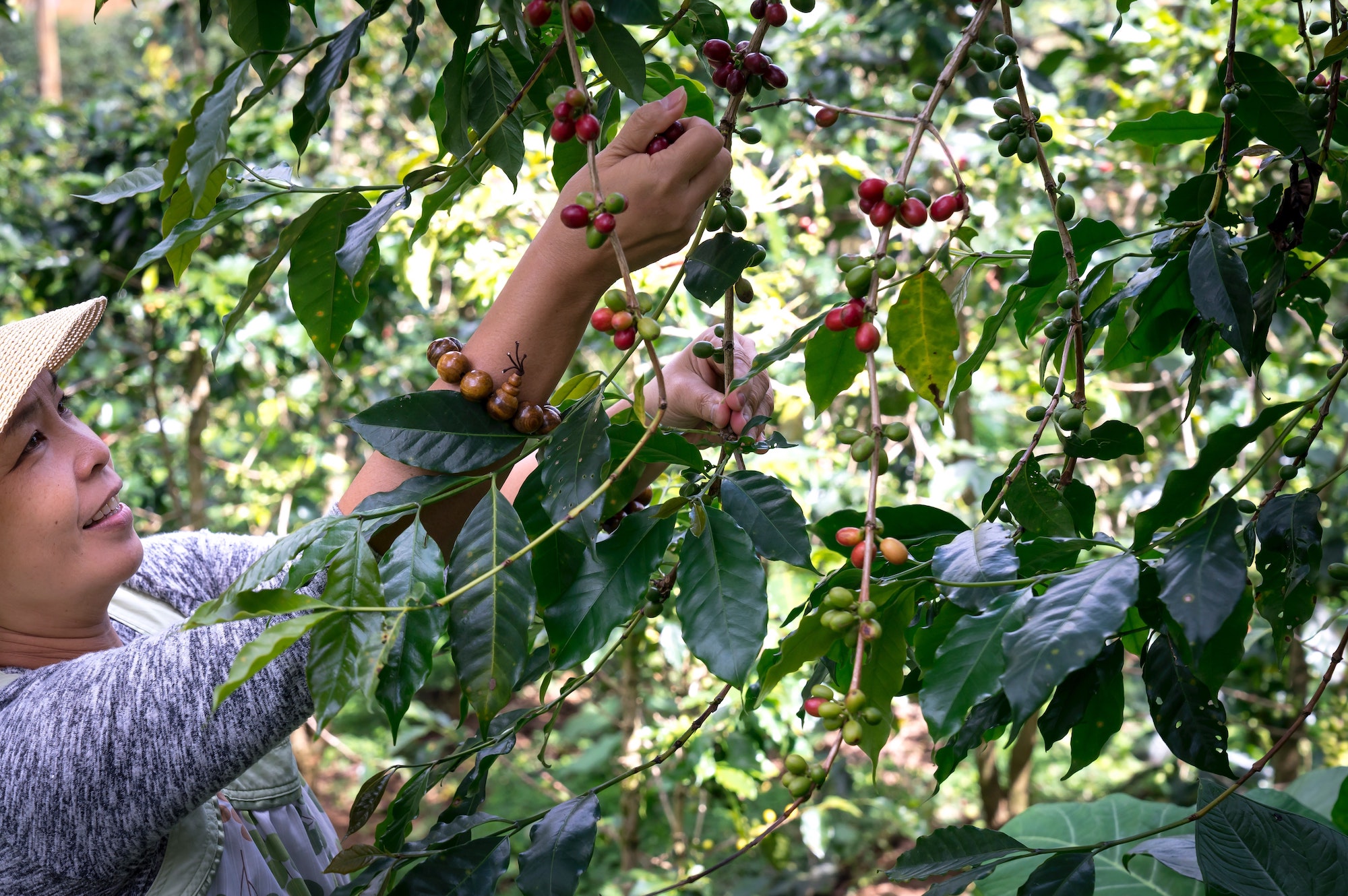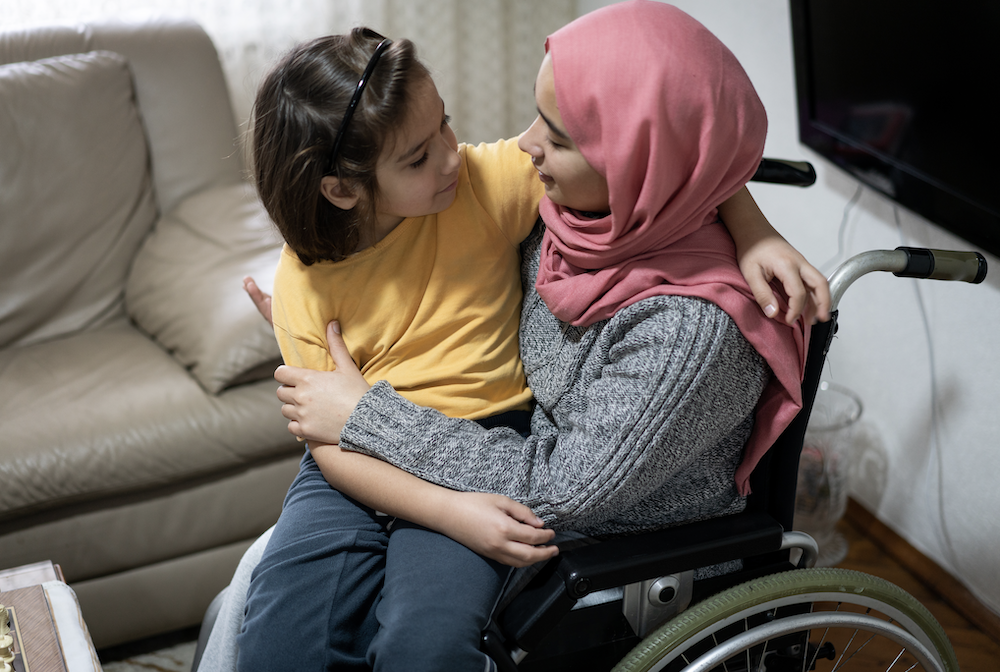The Immigration Advice and Rights Centre is a specialist community legal centre providing free immigration legal advice and assistance to people experiencing hardship and discrimination throughout New South Wales. We focus on immigration and domestic and family violence, Family and Humanitarian visas, visa cancellations, and citizenship.
With more than a third of people in New South Wales born overseas and nearly 40% of the population with both parents born outside Australia, immigration is an area of law that impacts the lives of millions of people in our state.
Insecure immigration status affects access to services including housing, social security, and Medicare; it is a barrier to migrant women seeking help to leave violent relationships; and it creates opportunities for workplace exploitation. The high costs, long processing times, and complex rules around family migration contribute to the long-term separation of families, compounding the trauma experienced by refugees who now call Australia home.
Our vision is for a fair and just immigration system for everyone, regardless of their means. For that vision to be realised, significant reform of our immigration system is needed, guided by the understanding that immigration is not just an instrument of economic policy but something that impacts real people’s lives.
Our top law reform priorities are informed by the belief that everyone deserves to be safe – at home and at work – regardless of visa status; that everyone deserves the right to stay connected to their families; and that everyone deserves a fair go.

Safety for women experiencing family violence
Women on temporary visas are at particular risk of domestic and family violence because often their visa status is linked to their relationship with their violent partner and they are fearful that if the seek help, their visa may be cancelled.
A recent study by the Monash Migration and Inclusion Centre found that 40% of women on temporary visas had experienced domestic and family violence, with migration status often used as form of control.
Nearly 50% of Immigration Advice and Rights Centre’s work is with women on temporary visas who have experienced domestic, family and sexual violence. Many of these women have Australian children and are fearful that they will be separated from their kids.
Immigration Advice and Rights Centre, together with over 50 state and national peak bodies, service providers and other organisations working to address violence against women across Australia, developed and endorsed a Blueprint for Reform to remove barriers to safety for victim-survivors of domestic and family violence who hold temporary visas.
Key recommendations from the Blueprint which should be immediately adopted include:
- Expanding the family violence provisions of the Migration Regulations 1994 (Cth), which are currently only accessible for some women on a Partner visa pathway.
- Creating a new temporary visa for victim-survivors of domestic, family and sexual violence.
- Amending eligibility criteria for temporary accommodation, crisis accommodation, rental assistance and public housing, so that all women experiencing violence have a safe place to live, regardless of visa status.
Migrant workers on temporary visas
Migrant workers are at high risk of exploitation at work because of visa conditions that link their immigration status to their employer. Where these conditions exist, employees are at risk of visa cancellation if their employment is terminated or they are forced to leave their job.
As a result, people who are denied their workplace rights, underpaid, or forced to work in dangerous or harsh conditions often feel unable to speak up for fear of the repercussions for their visa. Further, an employer’s refusal to provide pay slips or other evidence of employment can affect a person’s ability to obtain subsequent visas where they need to rely on that work experience.
The Migration Act 1958 (Cth) and Migration Regulations should be amended to:
- Ensure workers are not subject to visa cancellation for failing to comply with a condition where their employment ceases in circumstances of workplace exploitation; and
- Take into account past workplace exploitation when assessing eligibility for subsequent visas.
Family migration
In recent years, significant changes to legislation and policy with respect to family visas have made it increasingly difficult for family members of Australian citizens and permanent residents to settle in Australia. These policies have significant impacts on people with disability or serious illness who are seeking to sponsor a loved one to care for them.
People from refugee backgrounds – many of whom have been separated from family for years – are also especially impacted by current policy settings. Many have little prospect of being reunited with family members left behind. Refugees who arrived by boat are subjected to additional barriers, including the unfair and discriminatory Ministerial Direction 80, which deprioritises family visa applications sponsored by refugees who arrived by boat and delays processing of these visas for years.
Some of the suffering and hardship experienced by members of our migrant and refugee community could be immediately relieved by:
- Repealing Direction 80 and replacing it with a Ministerial direction that does not discriminate based on the mode of arrival
- Removing the cap on the number of Carer visas that can be granted each financial year.

A fair and just immigration system means that a person’s right to feel safe, to stay with their kids and to fully participate in our community is not dependent on their visa status. The changes we are advocating for are not hard and require little legislative change. All that is needed is the political will.
